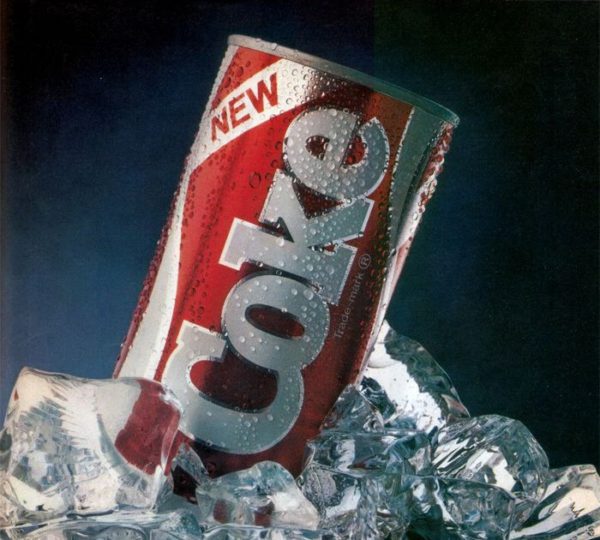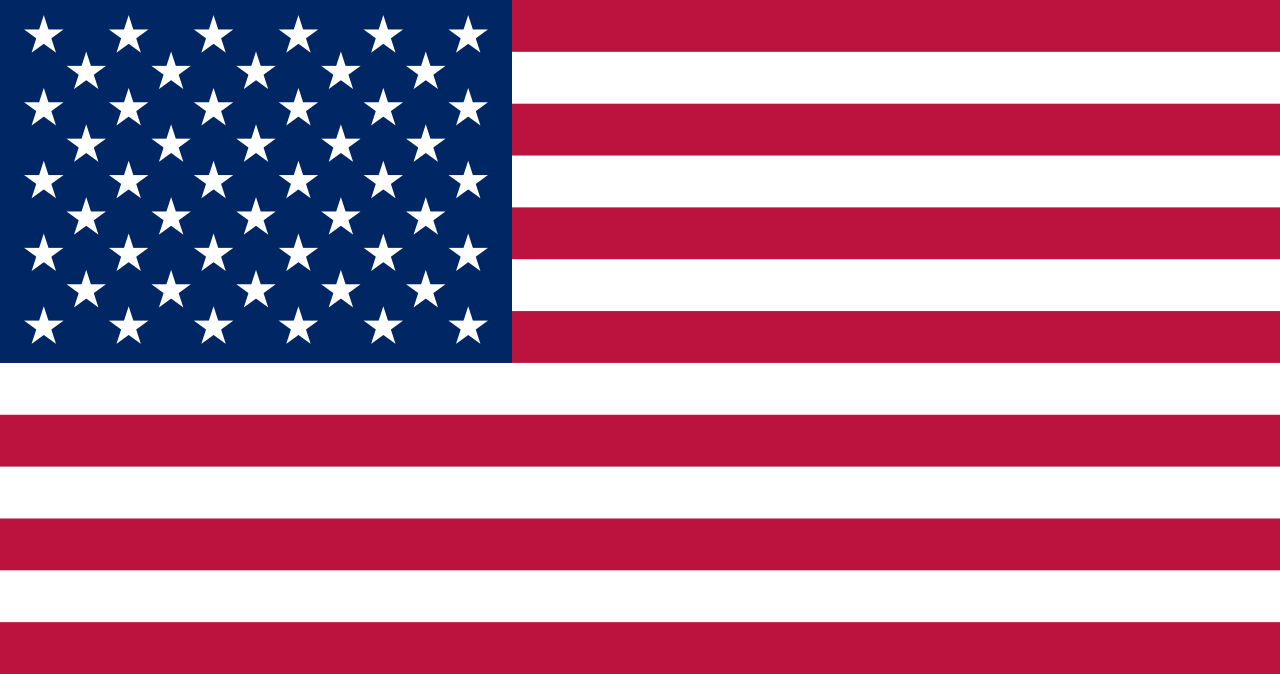Lessons from the failure of famous brands
The failed lessons of the world’s great brands serve as a wake-up call for young businesses. As a result, the leadership level will be carefully considered when participating in the brand war in a planned and business-oriented manner. BEMO will introduce two valuable brand lessons from Coca-Cola and McDonald’s for you to learn from and learn from the big mistakes in this article.
Table of Content
1. Reasons why brands fail
The brand war never ends and becomes increasingly fierce as customer behavior shifts. Instead of focusing on products, they now only buy items that “represent” trusted brands. This means that failure is common no matter how good a business’s product is if it cannot resonate with the brand.

And the failure is caused by one of the following factors:
- The ability of the brand to conceal: “Humanity cannot accept too many realities,” said Dr. Eliot. This is clear during the marketing phase. When the inner workings employ numerous strategies that exaggerate the product’s reality, the product enters the market and quickly disappoints the buyers.
- Lack of on-time adaption: The market changes according to user preferences; if businesses and brands cannot create new value to retain customers, they will fail completely.
- Good product thinking will succeed: A brand will pay the price for having a good product that they believe will sell but not considering customer needs. That is, they must consider why customers choose their brand. What issues do their products address? This is the most important aspect of creating a successful brand.
- Using advertising will not fail: This is yet another misconception that demonstrates your lack of understanding of advertising. Advertising is a branding tool, and it does require a large budget, but there is no guarantee of complete success. Instead of selling, it is a way to reach out to customers and help them communicate the brand. As a result, businesses or marketing departments must meticulously plan each of their advertising campaigns.
- The autocracy of the business: Leaders appear to be self-assured in their assessment of their brand in the marketplace. And it is this motivation that drives them to enter new markets based on previous success, but without thoroughly researching the aspects of culture, habits, and behaviors that are appropriate for the product. As a result, the brand bears the brunt of losses and failures.
2. Lessons from large brands
Failure of branding strategies is all too common for the world’s largest corporations, leaving profound lessons for businesses to learn.
Coca-failure Cola’s launch of a new product called “New Coke” in 1985 is a case in point. With a wave of boycotts, they infuriated their traditional-loving customers. Coca-failure Cola’s in the beverage industry is considered historic.

The following are some lessons that can be drawn from the “New Coke” strategy:
- Failure for losing brand memory – Memory becomes extremely important for established brands. Coca-Cola used the wrong marketing tactics when focusing on new products, advertising as if the traditional formula would be replaced. They underestimated the original brand’s power.
- Create something new instead of “imitating” competitors: Coca-Cola purposefully created an image similar to Pepsi in its new product; this imitation causes existing customers to condemn and boycott the “New Coke.” As a result, businesses should create a distinction and a new direction to distinguish their brand in accordance with their orientation.
- Try and come back: Although a new product campaign failed and Coca-Cola was forced to reproduce the traditional drink, the company inadvertently strengthened its bond with customers. Because they already know how much customers have enjoyed their products in the past.
- Focus on researching the market: This is an essential component of strategic marketing planning, and Coca-Cola is a prime example of ignoring the research sheet on customer perception of traditional products. As a result, they paid a high price because they were confident in the taste of the new product.
McDonald’s Burger Arch Deluxe is another failure with a memorable marketing lesson. This type of burger is intended for adults. McDonald’s, like Coca-Cola, conducted market research on the popularity of this new burger and received unanimous approval. However, when it comes to introducing new products to the market, they are opposed, as in the case of “New Coke.”
The following are some takeaways from McDonald’s new product strategy:
- Stick to the brand identity: McDonald’s caters to children and is known for its simplicity and convenience. However, the brand’s offering of a product that “says no to children” goes against the brand’s inherent characteristics.
- Do not forget the brand’s key customers: Expanding the product portfolio is a sound business strategy, but abandoning key customers is a bad idea.
- Doubt the polls: The irony is that McDonald’s conducted market research prior to developing the “Adult Burger” and was successful. However, the reality is quite the opposite. As a result, exploratory research is only effective when done correctly, but it should not be taken as gospel.
The two brand lessons above are about the failure of the market’s big players. Businesses can learn to avoid costly mistakes and apply valuable lessons to their marketing strategies. We hope that BEMO has provided you with useful business and management information.













